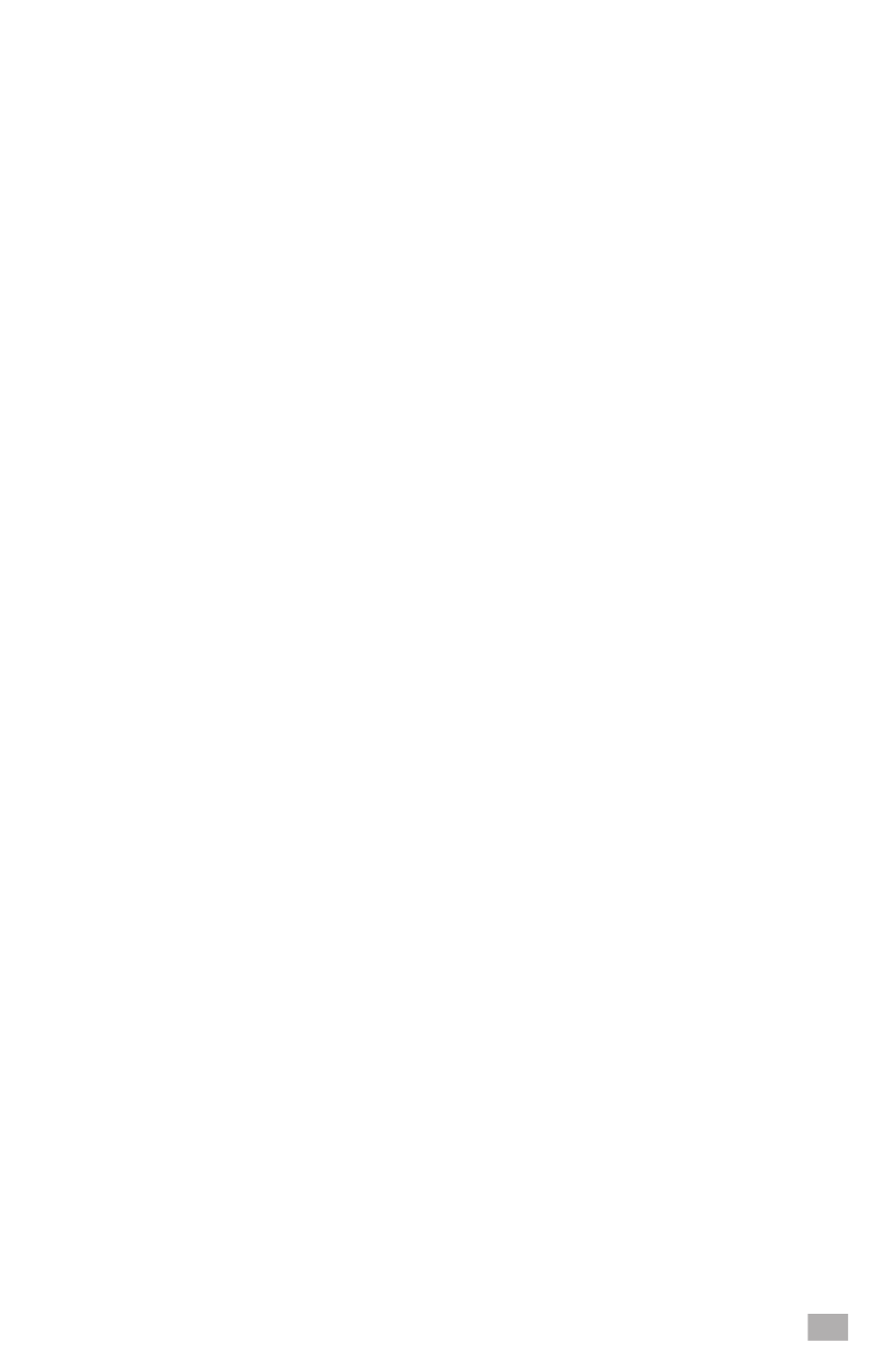
Ordinarily, cheating also includes submitting work that counts towards a grade
or degree that is not the sole product of individual effort (unless, for example, the
instructor explicitly allows group work or other forms of collective or cooperative
efforts). It may also mean submitting work done in a previous course in response to
an assignment required in a class in which a person is currently registered.
Plagiarism consists of using —WITHOUT providing proper attribution — someone
else’s proprietary material in the form of:
• Words
• Ideas (even paraphrases of general ideas, if they derive from a proprietary
source)
• Information
• Facts (those not in the realm of common knowledge (
e.g. things like folklore,
common sense observations, myths, urban legends, and historical events)
but
not historical documents)
Plagiarism also includes:
• Copying passages from any course texts or materials without giving proper
attribution to the author(s)
• Using material from the Internet without providing proper acknowledgment to
the Internet site.
If a student has any doubts about what constitutes plagiarism, he/she must consult
the instructor immediately.
Process for Handling Alleged Violations of the Academic Integrity Policy
MINOR OFFENSES
—
these are offenses are offenses that the instructor determines
are not severe and can be addressed informally with the student(s) involved. The
assignment grade does not put the student in any danger of failing the class.
1. An instructor has reason to believe that a student has violated the Academic
Integrity Policy.
2. The instructor requests an informal meeting with the student to discuss the
details of the alleged violation and the student is informed of his/her rights (see
below). *
3. If, after completing the informal meeting with the student the instructor believes
there is a preponderance of evidence that the student violated the Academic
Integrity Policy, the instructor imposes a sanction(s). The student has the right to
appeal the faculty decision.
4. The instructor informs the student that he/she has five business days to meet
with the Academic Supervisor if he/she wishes to appeal the sanction for the
violation, once determined. All appeals must be in writing. If appealed, the
Academic Supervisor’s decision is final. Academic Supervisor will notify faculty
of outcome.
5. The instructor will not assign a sanction until after meeting with a student, the
appeal process has been exhausted or 10 business days have expired.
6. The instructor informs the Dean of Students in writing of the situation and the
resulting sanction or action. The Dean of Students determines if additional
sanctions are necessary under other portions of the Student Code of Conduct.
7. In cases where the student declines to discuss the matter or attend a meeting
with the instructor, or is unavailable for more than ten (10) business days, the
159


